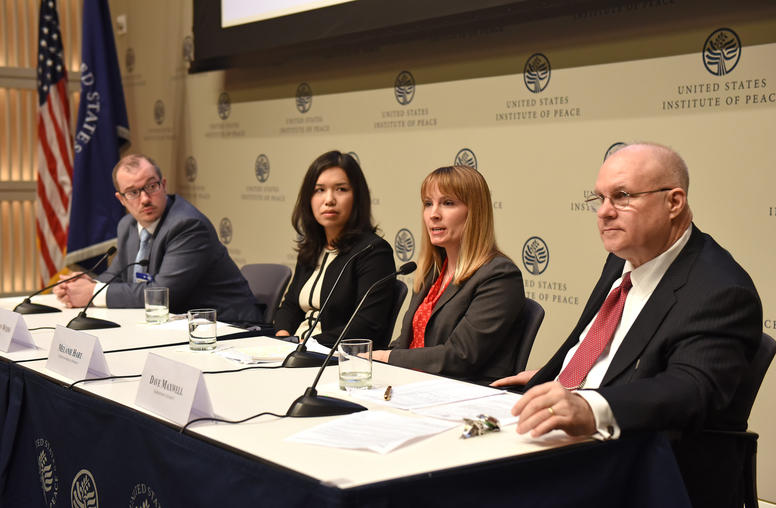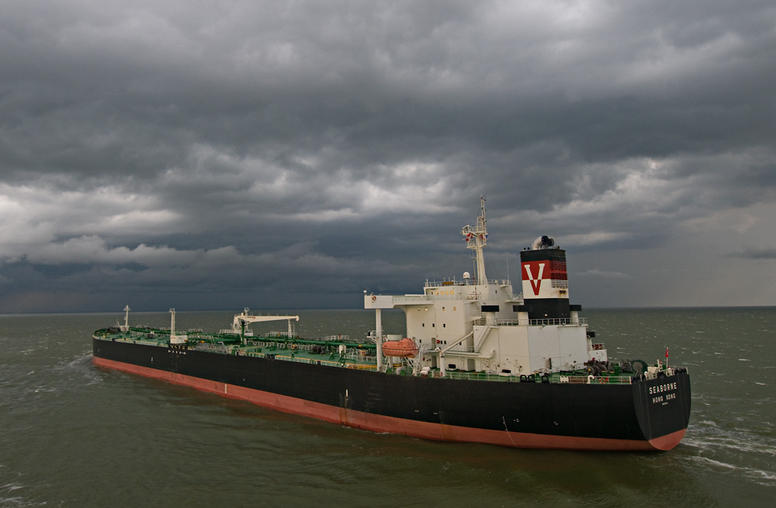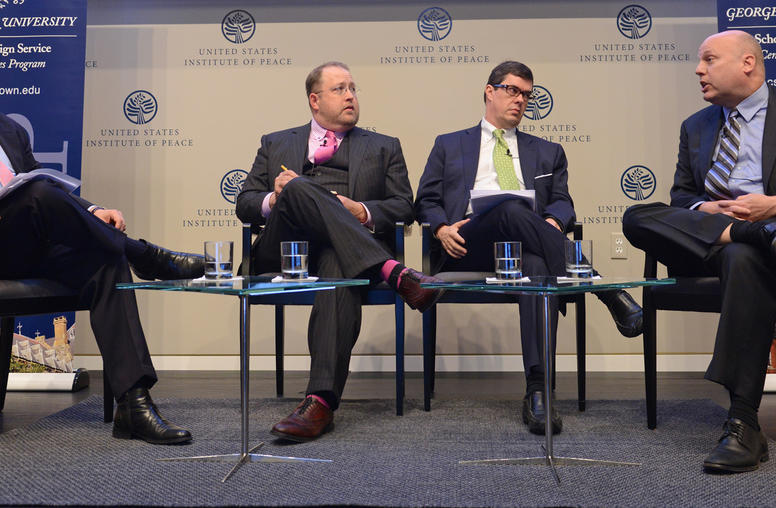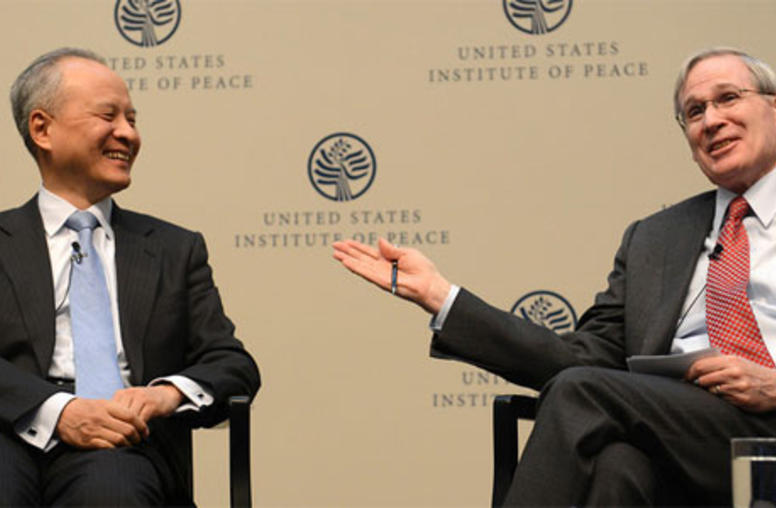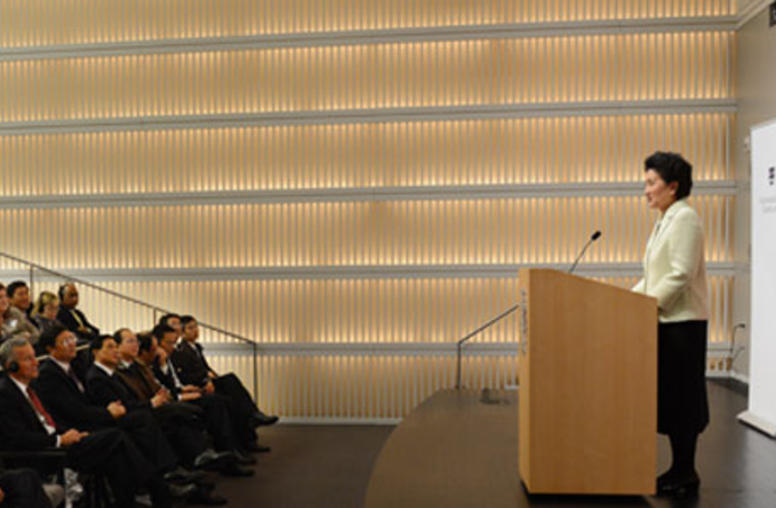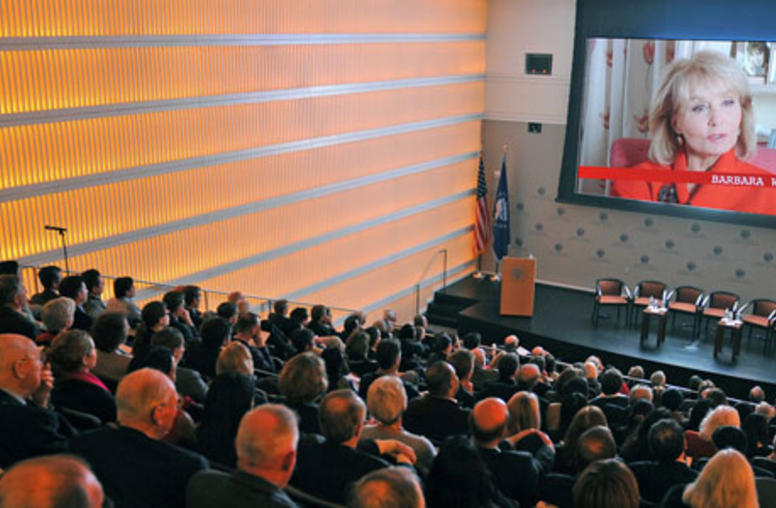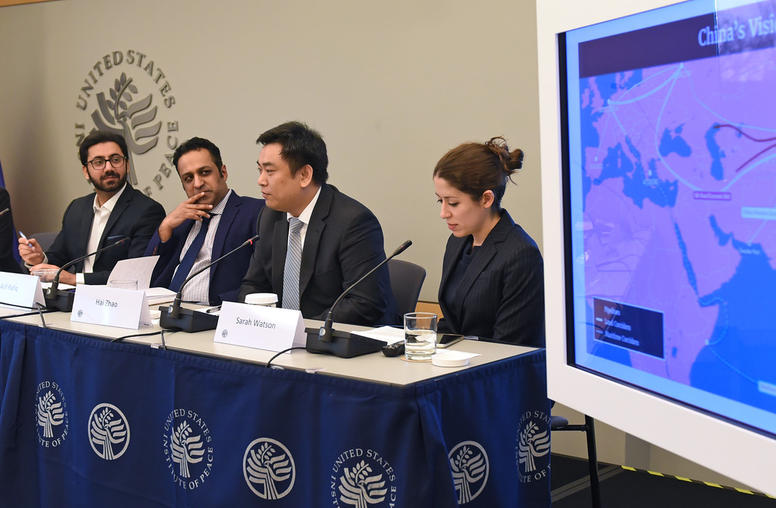
Will CPEC Be a Force for Peace or Conflict?
China last year promised $46 billion to build the China-Pakistan Economic Corridor (CPEC)—its strategic trade route to the Indian Ocean. China and Pakistan hope the project’s roads, rails and pipelines will help stabilize Pakistan and the broader region, but some Pakistanis also say it risks feeding corruption and upheaval. The U.S. Institute of Peace convened a group of experts on December 1 to examine this landmark project and its implications for South Asia.
